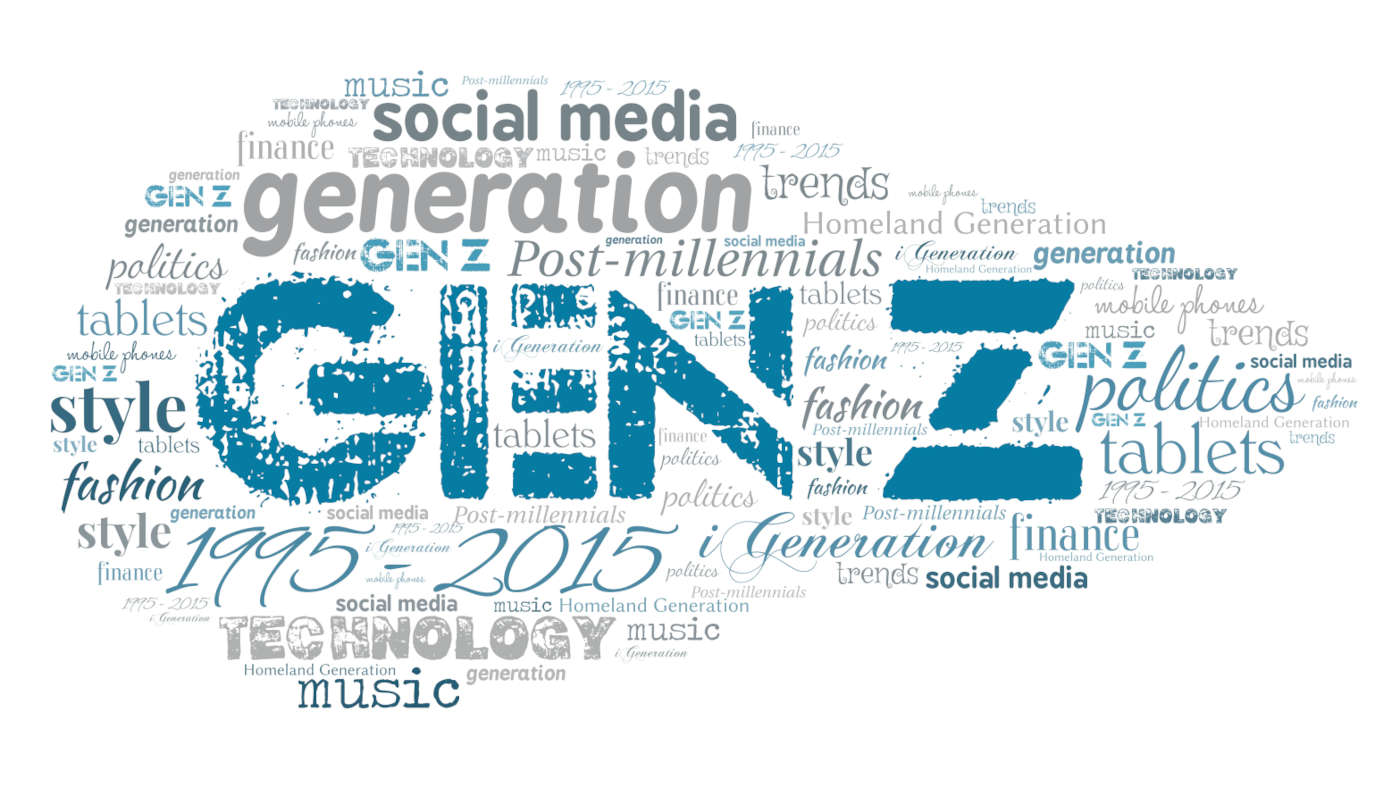Gen Z Sliding Backwards with Tech Expertise
Discover why Gen Z is struggling with tech expertise. Read our insightful article to gain a better understanding of this growing issue.- Article authored by Kunal Chowdhury on .
Discover why Gen Z is struggling with tech expertise. Read our insightful article to gain a better understanding of this growing issue.- Article authored by Kunal Chowdhury on .
Ever since the arrival of digital technology, each new generation has been more tech-savvy than the one that came before. That has changed with Generation Z, where studies have shown tech understanding going backward in some key computing areas. Though this reduction doesn’t apply to all areas of modern digital devices, it does reach far enough to raise potential concerns about what comes next. The question is, how much does this matter?

The biggest concern that a lack of technical insight can have relates to security. Other skills can be quickly trained, but proper digital security is a must and can be complicated. Ethical hackers will illustrate a modern example of this concept. As CyberGhost reveals, these are individuals with hacking skills hired to break into systems not to steal but to reveal flaws.
The idea is that, with cybercrime only becoming more popular and worth more than some niches of the international black market, it will only get bigger, and the public needs to be more aware. Average users today cannot be ethical hackers themselves, but they can at least understand some of the technical concerns these hackers raise. Gen Z isn't quite as up-to-date on some of these aspects, but as older generations can show, the more complex parts of the equation aren't necessary to fully understand as long as good practices are followed.

Though lacking individual knowledge can, has, and will be a problem, it’s not all doom and gloom for the future of the digital frontier. Worklife notes that Gen Z might be a little behind when it comes to some work applications of software, but there are others where they excel beyond all other generations. This generation is the most knowledgeable yet regarding social media, and this area demonstrates both the challenge and the solution to a slight lack of understanding.
One of the main reasons social media systems are so popular for all age groups is that they’re incredibly streamlined to use. Decades of development and investment in UI and UX have created systems that reach billions of users. Oberlo notes these users as coming across the entire age spectrum, and while not everyone is equally represented, there is at least an ease of use that each group can appreciate.
The user-friendliness and the popularity of social media have essentially created a target at which many new systems are aiming. Gen Z might not have the base understanding of a broad array of programs like Millennials do. Still, their improved conscious and unconscious knowledge of modern design concepts can significantly reduce learning curves. Some in Gen Z might not know what the floppy disk of a save icon means, but they know the function, and through this collective knowledge and technocultural osmosis, they can adapt.
When it comes to more complex systems that need additional teaching and learning, like security programs, these have become more like tools in a physical job, taught to those who need them. With digital involvement only growing, we're never short of help. It's just the usually unnecessary jack-of-all-trades knowledge base in the Gen Zs that is declining.

Despite the doom and gloom so often reported by the media, less knowledge of computer systems by today's youth isn’t an issue. As long as they understand the basics of use and security, the more complex tasks can be passed off to professionals or learned as necessary. The only real downside we see is for millennials, who might now be burdened as family tech support for relatives on both sides of their age groups.
Thank you for visiting our website!
We value your engagement and would love to hear your thoughts. Don't forget to leave a comment below to share your feedback, opinions, or questions.
We believe in fostering an interactive and inclusive community, and your comments play a crucial role in creating that environment.